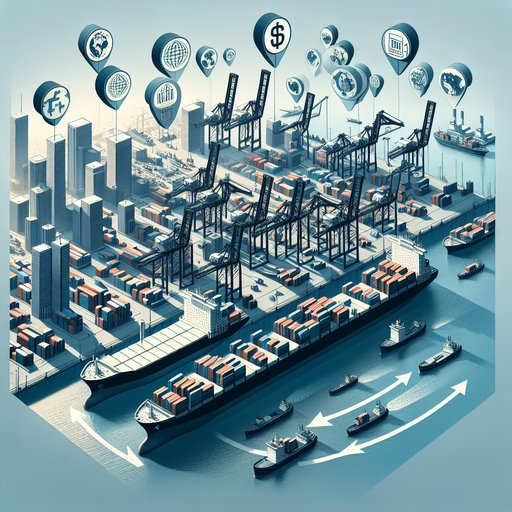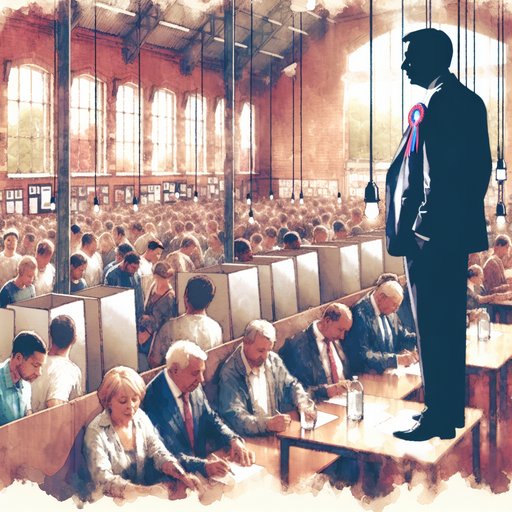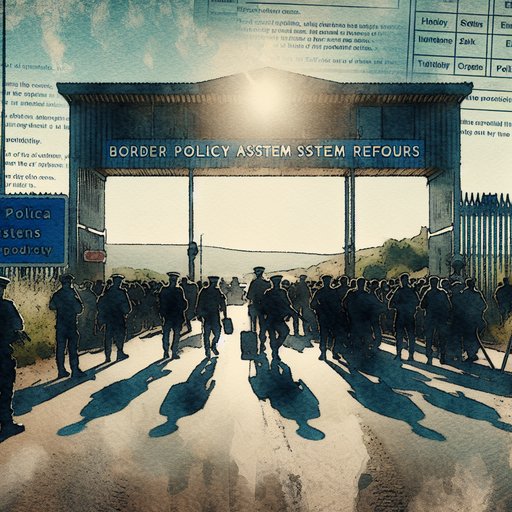
A significant shift in US trade policy is reshaping global commerce as the country implements new tariff rules affecting millions of small package shipments. The elimination of the "de minimis" exemption, which previously allowed duty-free entry for low-value imports, has triggered widespread adjustments among international businesses and postal services [1]. This change comes amid broader trade tensions and legal challenges to existing tariff structures.

As traditional energy companies face mounting challenges, with Russian oil giant Rosneft reporting a dramatic 68% profit decline [1], a parallel revolution in sustainable energy technology is gaining momentum. The energy sector is witnessing a significant shift as artificial intelligence and big data emerge as key drivers of sustainable innovation, particularly in grid optimization and resource management.

A major shakeup at the Centers for Disease Control and Prevention (CDC) has sparked concerns about America's ability to respond to future health emergencies. The dismissal of CDC Director Susan Monarez, along with the resignation of four senior officials, has created what experts are calling a leadership vacuum at the nation's premier public health agency [1].

In a significant development for ongoing European security efforts, NATO has announced a major new military assistance package for Ukraine, committing an additional $50 billion in aid through the end of 2025 [1]. This substantial commitment comes amid complex political dynamics, including Hungary's legal challenge to EU's use of frozen Russian assets and diverging views among Western allies about the path forward.

Thailand faces a period of political uncertainty after its Constitutional Court removed Prime Minister Paetongtarn Shinawatra from office following controversy over a leaked phone call with Cambodia [1]. The landmark ruling has created immediate questions about leadership succession in Southeast Asia's second-largest economy.

A recent survey reveals increasing engagement in local democracy across Poland, as more citizens express willingness to participate in recall referendums for municipal and city leadership. The shift represents a growing trend toward direct democratic participation at the regional level, with voters showing heightened interest in having a say in their local governance [1].

As the September 30 fiscal year deadline looms, U.S. financial markets are showing signs of volatility amid growing concerns about a possible government shutdown. The approaching deadline is creating uncertainty in various sectors, particularly affecting defense and technology stocks, while raising questions about essential government services [1].

Tensions escalated in Indonesia as police confronted student demonstrators protesting against excessive parliamentary benefits. The demonstrations were sparked by revelations that lawmakers receive monthly housing allowances exceeding $3,000, a figure that has caused widespread public outrage in a country where many citizens struggle with basic living costs [1].

In a series of dramatic moves that have intensified federal control, President Trump has taken unprecedented steps to reshape both domestic policy and key institutions. The president announced the removal of Federal Reserve Governor Lisa Cook "effective immediately" [1] while simultaneously threatening to deploy National Guard troops to Chicago [2], marking a significant expansion of federal authority over both monetary policy and urban law enforcement.

The British government has unveiled plans for a comprehensive reform of its asylum appeals process, responding to mounting tensions over refugee accommodation and record-high application numbers. The announcement comes as protests erupt across the country, with far-right groups and anti-racism campaigners clashing over the use of hotels to house asylum seekers [1].
























